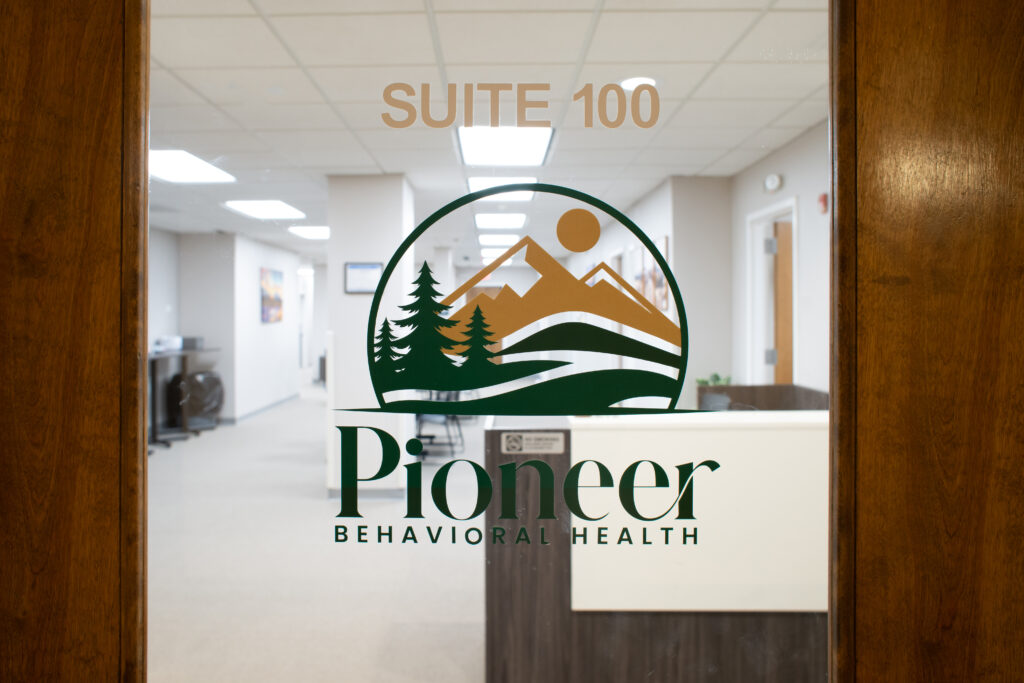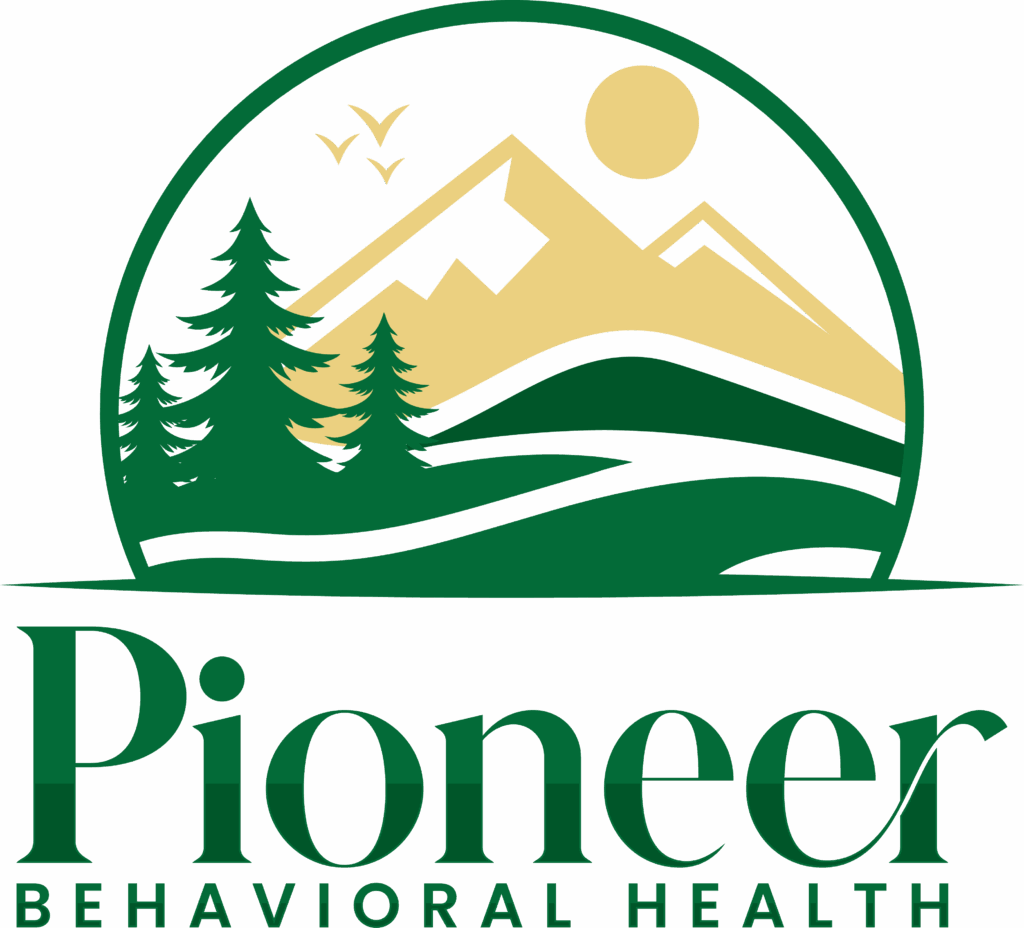College is often seen as a time for growth, independence, and new experiences—but for many students, it also becomes a time of increased exposure to drugs and alcohol. Some use stimulants to enhance academic performance, others binge drink to fit in socially, and some student-athletes misuse substances to boost physical performance. While these behaviors are often normalized, they carry serious risks—including addiction, long-term health consequences, and even life-threatening outcomes.
The good news? Students struggling with substance use don’t have to choose between recovery and their education. At Pioneer Behavioral Health, our flexible outpatient programs are designed to support young adults on their path to healing—without requiring them to pause their college journey.
Substance Abuse on Campus

Drug and alcohol misuse is widespread among college students across the U.S. According to the National Survey on Drug Use and Health:
- 1 in 5 college-aged adults smoke cigarettes
- 55% drink alcohol regularly, with 35% reporting binge drinking
- 1.9 million misuse opioids like Vicodin, Percocet, or codeine
- 39% use illicit drugs such as cocaine, LSD, MDMA, and heroin
- Over 6 million meet the criteria for a substance use disorder
Data from the National Institute on Drug Abuse (NIDA) shows that 50% of full-time college students consume alcohol monthly, and nearly 28% binge drink. Marijuana use is also rising, with 42.5% of college students reporting regular use as of 2018.
These numbers underscore the urgent need for accessible, effective addiction treatment options for students.
Commonly Misused Substances Among College Students
College students may experiment with a wide range of substances. The most common include:
- Alcohol: Readily available at parties and social gatherings. Excessive use can lead to blackouts, alcohol poisoning, liver damage, and serious long-term health conditions.
- Stimulants (Adderall, Concerta, Provigil): Often misused to enhance focus and academic performance. While these may provide short-term benefits, misuse without a prescription is dangerous and illegal, and can lead to dependency and heart-related issues.
- Marijuana: Consumed via smoking or edibles, it may not always cause physical dependence, but frequent use can impact motivation, mood, and mental health.
- Ecstasy (MDMA): Known for its euphoric effects at parties, ecstasy use can impair emotional regulation and memory, and increase the risk of addiction and long-term mental health issues.
- Xanax (Alprazolam): Misused to cope with anxiety and stress. Its calming effects are addictive and potentially dangerous when used without medical supervision.
- Cocaine: Often used for a burst of energy or alertness, but linked to severe health issues such as heart attack, stroke, and cardiac arrest.
These substances might be seen as part of the college experience—but misuse can quickly spiral into dependence. Fortunately, there is help available.
Outpatient Addiction Treatment: A Flexible, Effective Solution
Outpatient treatment offers behavioral therapy and support while allowing students to continue living at home or on campus. Unlike inpatient rehab, outpatient programs don’t require a residential stay, making them a perfect fit for students who want to stay enrolled in classes while receiving treatment.
Ideal for those with mild to moderate addiction, strong support networks, and motivation to recover, outpatient treatment typically includes:
- Cognitive-behavioral therapy (CBT)
- Dialectical behavior therapy (DBT)
- Individual and group therapy
- 12-step or peer support groups
- Family therapy
- Creative therapies like art and music
This structure allows students to discover which therapeutic methods work best for them while continuing their education and daily responsibilities.
Why Outpatient Treatment Works for College Students
Outpatient care offers several unique advantages:
- Flexibility: Sessions are scheduled in the afternoons, evenings, or on weekends, allowing students to attend classes and stay on track academically.
- Affordability: Outpatient programs are more cost-effective than residential treatment, and many are covered by insurance.
- Peer Support: Group therapy and recovery communities help students build healthy relationships and reduce feelings of isolation—key factors in lasting recovery.
- Continuity of Care: Aftercare and ongoing support help prevent relapse and promote long-term stability through alumni networks, wellness education, and goal planning.
- Personal Development: Treatment helps students develop healthy coping skills, rebuild confidence, and learn how to manage stress, relationships, and academics without substances.
At Pioneer Behavioral Health, we provide all of this and more—tailored to the unique needs of young students in college.
Get Outpatient Treatment in Longmeadow, MA

We understand how overwhelming college can be—academically, socially, and emotionally. It’s not uncommon for students to turn to substances as a way to cope with pressure, anxiety, or loneliness. But these struggles don’t have to define you.
At Pioneer Behavioral Health, we help students break free from addiction while continuing their education. Our outpatient programs are designed with flexibility, compassion, and evidence-based care in mind. We offer a supportive community, personalized treatment, and the tools needed to create a more stable and empowered future.
You don’t have to pause your education to prioritize your health—you can do both, and we’re here to support you every step of the way.
Contact us today to learn more about our services and take the next step toward a healthier, substance-free future.

